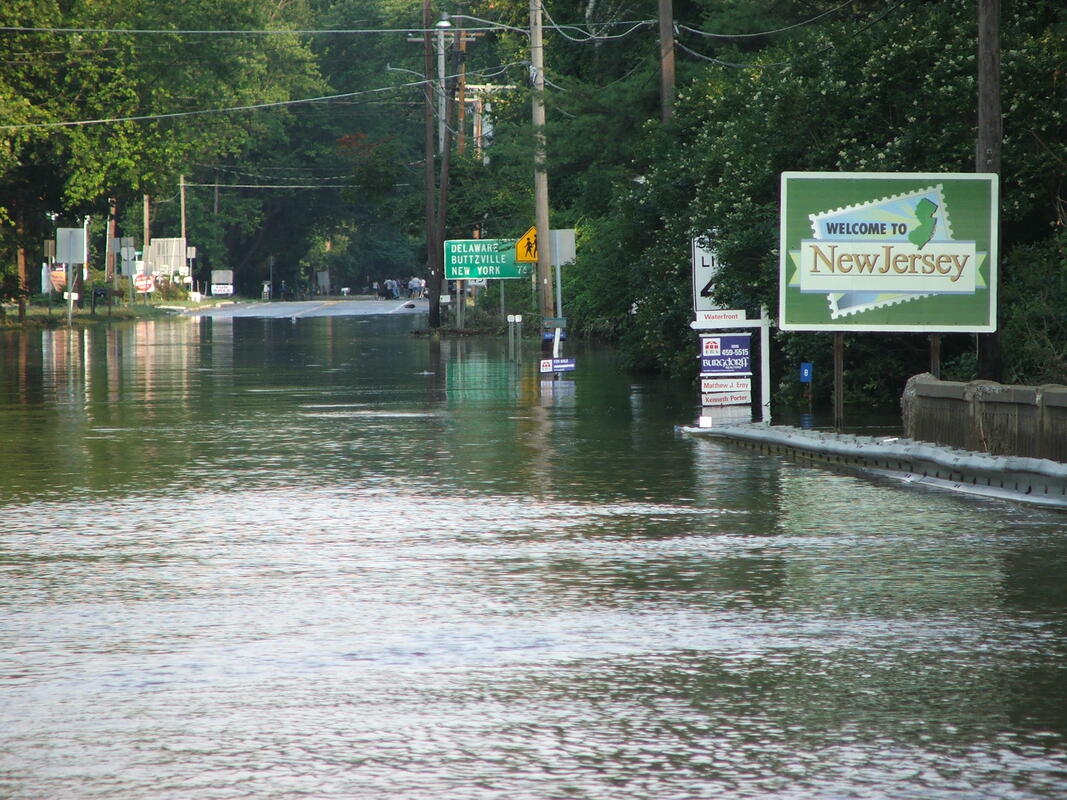|
In January 2020, New Jersey's Governor announced a groundbreaking policy designed to help protect the state's residents, infrastructure, coastline, and environment in the face of looming climate threats. Four years later, those promises still haven't been turned into meaningful action. This is why a number of advocates and organizations - including the American Littoral Society - are once again urging Gov. Phil Murphy to finish what he started. “Governor Murphy has said he recognizes the dangers of climate change to New Jersey, but he needs to show that by fulfilling his 2020 promise to integrate climate science into planning and regulations that protect resident, communities and the environment,” said Lucia Osborne, Delaware Bayshore Program Director for the American Littoral Society. “We need to take unified action across the state to protect people and property from the threats of climate change; releasing the NJPACT rules is a crucial step.” In January 2020, in response to mounting scientific research, Governor Phil Murphy issued Executive Order 100, which directed the New Jersey Department of Environmental Protection (NJDEP) to adopt Protecting Against Climate Threats (NJ PACT) regulations. Read more on the Rules in the NJ Spotlight article here. These land use rules, which are essential for building a resilient future for everyone living in the state, would integrate climate change impacts such as sea level rise and current precipitation rates into the regulatory process, enhance protections for coastal areas, improve stormwater programs, protect the sources of our streams and rivers, and safeguard critical wildlife habitats.
Although the Murphy administration made progress with the Inland Flood Protection Rules in July 2023, communities are still awaiting the larger set of updates under the NJPACT Resilient Environments and Landscapes (NJPACT REAL) rules. Meanwhile, beach erosion and inland flooding have continued to plague towns throughout the state. Independent reports from Rhodium’s Energy & Climate team estimate that over $15 billion worth of homes and buildings are now likely to flood at least once a year. Meanwhile, the most recent National Climate Assessment reports that over 80% of properties in the Northeast lack adequate flood insurance coverage. “To prepare for the impacts of climate change, we can’t set the bar so low by saying let’s just try not to make flooding and beach erosion worse,” said Tim Dillingham, Executive Director of the American Littoral Society. “We need to aim higher and focus on how we make things better. We do that by requiring redevelopment projects to better control stormwater runoff. We do that by retaining and infiltrating more stormwater to recharge our groundwater. We do that by protecting environmentally sensitive areas like wetlands and headwaters.” The REAL Rules provide vital solutions needed to tackle these challenges. They will modernize how we build more resilient infrastructure that protects nature and people from the looming threats of climate change. The rules add increased protections for all communities statewide and encourage us to use the best science to inform our future plans. These rules also have the potential to protect our valuable ecosystems, vulnerable infrastructure, and the lives of our New Jersey residents, which is why advocates and citizens are calling on the governor to file the complete set of the NJPACT Rules to protect our environment and residents from climate threats. Comments are closed.
|
Archives
July 2024
Categories
All
|


